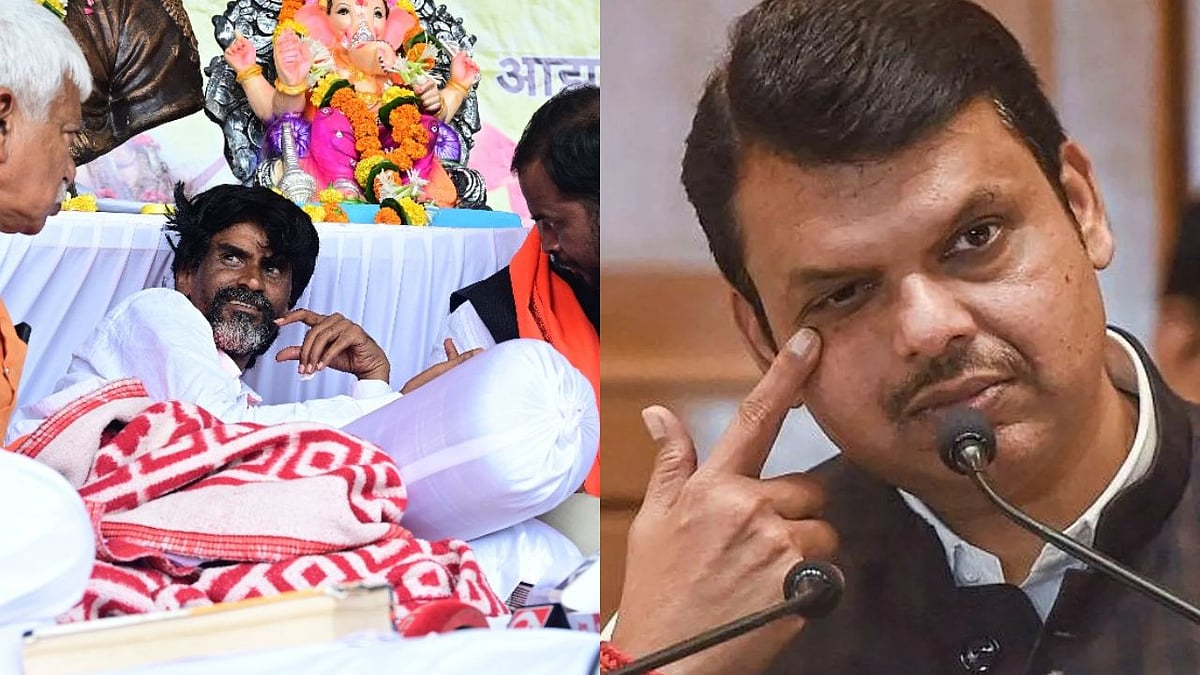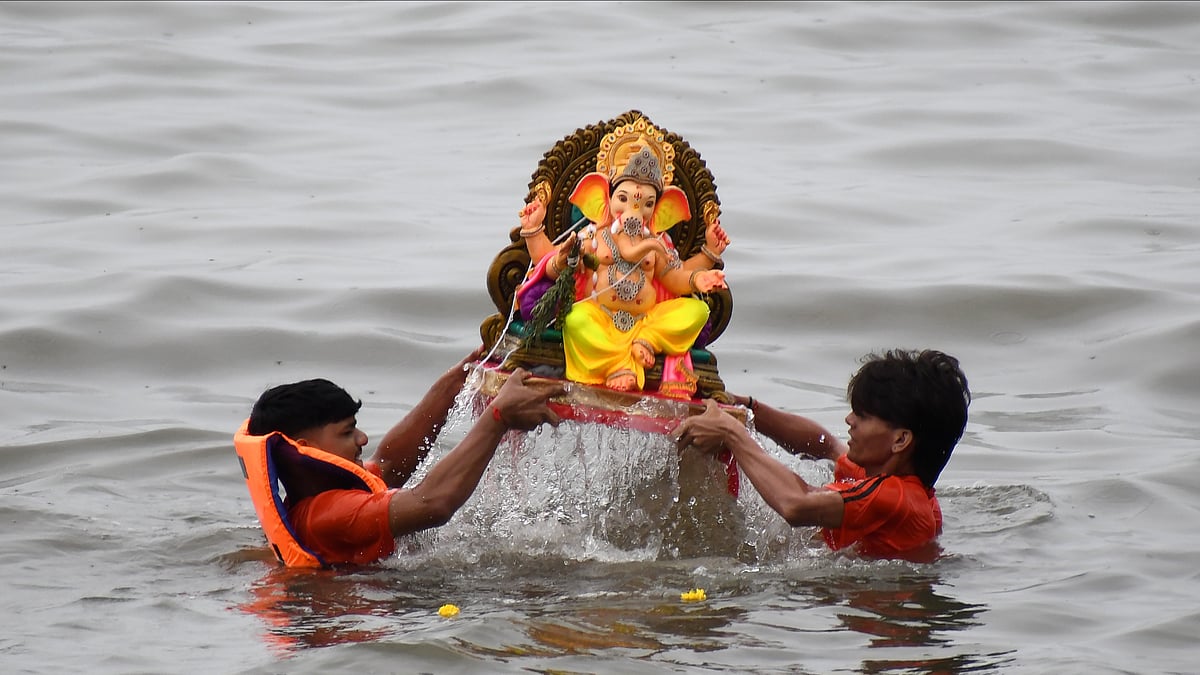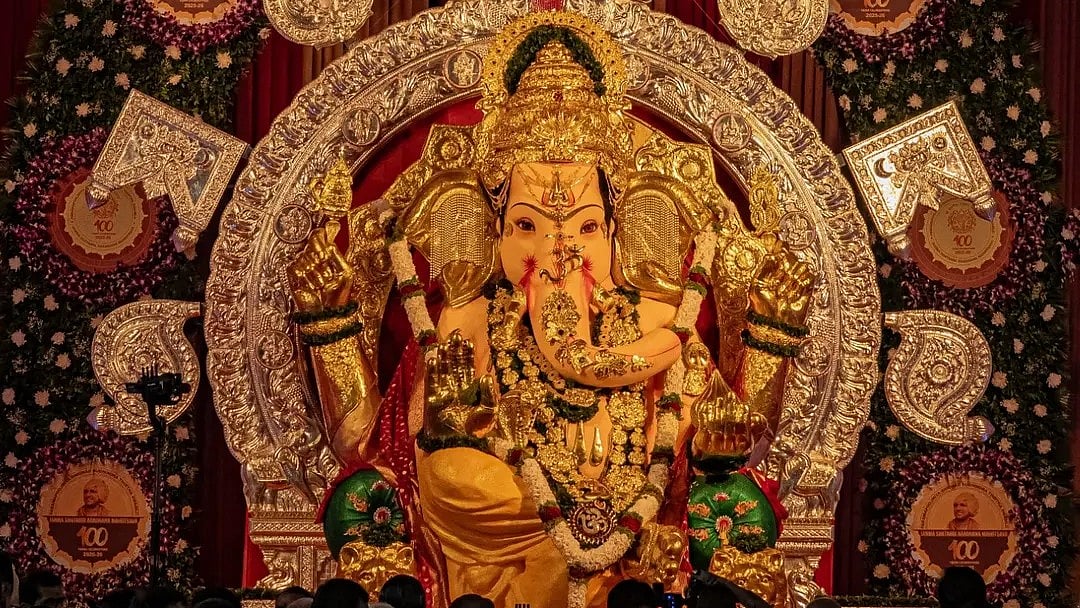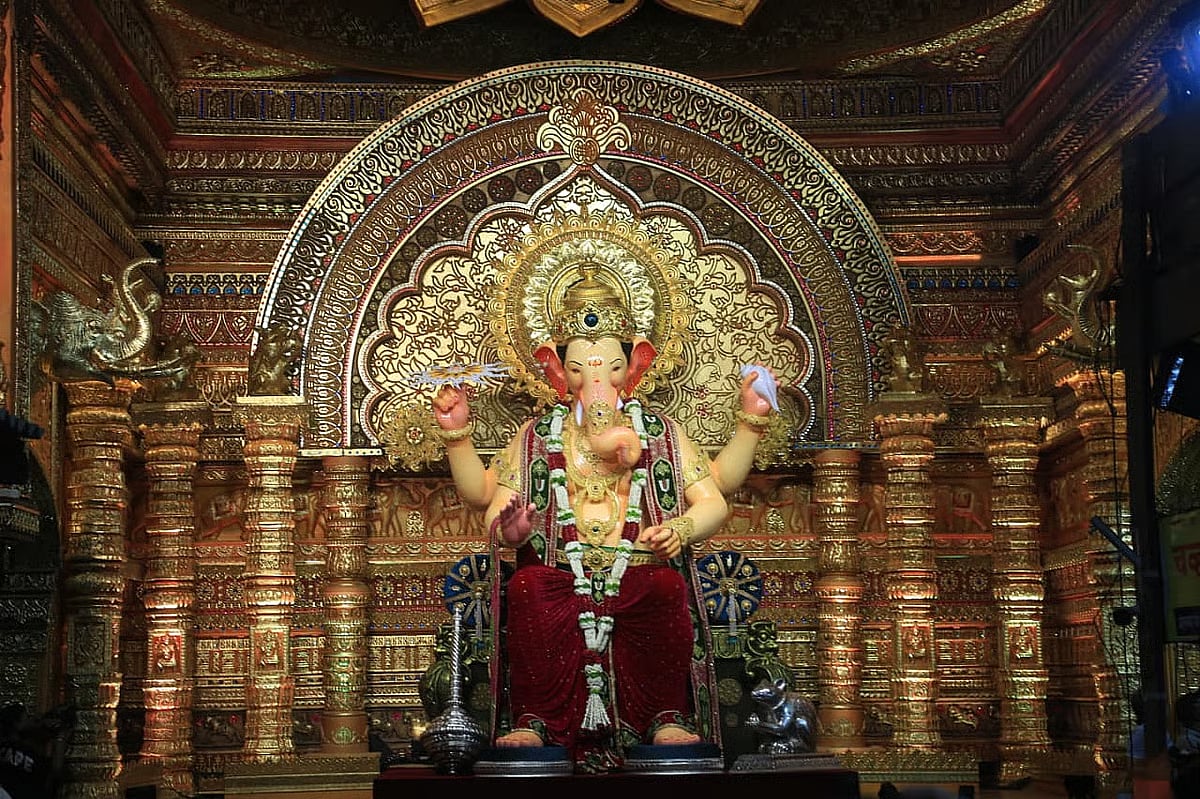With a unique blend of rock, blues and soulful melodies, Papon has carved a distinctive place in the industry, earning accolades and a loyal fanbase along the way. From his 2011 hit song, Jiyein Kyun, to the creation of his folk-fusion band called Papon and The East India Company, Papon has come a long way.
The singer recently performed at World Music Festival organised by Hungama Artist Loud at Phoenix Marketcity, Mumbai.
Ahead of his performance, in an interaction with The Free Press Journal, he delves into the inspirations that have shaped his journey, challenges, and triumphs that define his illustrious career.
Excerpts from the interview:
Do you have a favourite song to perform live? Why that one?
I have quite a few favourite songs, but number one is Jiyein Kyun from the movie Dum Maro Dum composed by Pritamda. It's such an amazing melody and space to sing. I just love it. We are a rock, blues, and pop kind of band. So we like this sound so much. That's why also I love the song to perform every time.
How do you prepare for a live performance or tour?
If it is a tour then we have some new songs, so there are a lot of meetings, making changes to the soundscape, the sound design, and band rehearsals. But, for a show, I rest well the previous day, at least, if not a couple of days before. I try to sleep well, eat right, and do my daily pranayama, and walk. Take a nap much before the show, wake up, and then do my pranayama again. I rest my voice and my mind to focus all my energies on stage. I don't like to talk to anyone or have conversations a couple of hours before a gig.
What has been your most memorable concert experience so far?
There are so many memories and I'm not good at holding onto memories and repeating them. So I keep forgetting my memorable experiences. However, one concert that will always be special is the one I did in Serbia with 500 people in the audience. There were very few Indians, some from Pakistan, everyone else was Serbian. I got an encore for that concert and I had to come back to the stage again. The people kept clapping for a few minutes with the director of the auditorium saying that was rare. Many of them didn't understand English, forget Bollywood. I couldn't throw any cards saying, hey, this is a song from Salman Khan's movie. Nothing works there. Pure music, conversation, and my energy. We had to go back to the stage again and do an Assamese folk number again. I think that will always remain one of the most special shows.
Your parents are renowned Assamese folk singers. Apart from your parents, who were your biggest musical influences growing up?
My parents, of course, everything's from them, the nuances, the essence, the soul, the understanding of music, and singing technicalities. Apart from them, my influences have been quite vivid. I started with Jagjit Singh, Mehdi Hassan, and Ghulam Ali, and then in the ghazal space, it is Hariharanji and Pankaj Udhasji. Anup Jalotaji for Bhajan Sandhya, I knew every song actually. Then I went to Pink Floyd, Mark Knopfler... Many bands like Duran Duran, and Frank Zappa. Then singers like Prince, Bryan Adams, and Michael Jackson. Not Bollywood as such, but in the space of Kishore Kumar and RD Burman Kishore.
There are diverse sets of musicians that have influenced me. The later part was Massive Attack, Electronic Underground and Asian Underground, which happened in the late 90s. I was in Delhi then, so a lot of my music, which I compose and produce, also has influences of that.

What was the first song you ever learned to sing, and how old were you?
The first song I learnt was Hothon Se Chhu Lo Tum. I didn't sing so much in school, under the pressure of being a celebrity couple's son, who were great singers. But I remember singing that song and for some reason got an award.
You sing in multiple languages, which is your favourite language to sing in, and why?
I sing in many languages, but the phonetics of Asomiya, it's not Assamese actually, is the best, I think. Then Hindi... These are the two prominent languages. I like singing in Bengali, too. I like the phonetics and the softness of the language. But the softest and the most phonetically beautiful, I think, is Asomiya.
Singles are making a comeback. How do you view this trend?
It's a great thing. We have been trying to do that for a long time. The whole Indie space, after we were inspired by the Indian Ocean, the Silk Route and the like. Raghu Dixit and I, tried a lot, but we are ahead of the times maybe, so there were not many platforms to put our music out. It's great to see this and I am still at it. Let’s see how long it is here to stay, but it should stay.
Can you share some of your favourite albums or songs that you find particularly inspiring?
This is going to be a long list. Division Bell, Dark Side of the Moon, Miraze Ghazal, Mehdi Hassan, Unforgettables, Come Alive, Jagjit Singh, and many more.
What has been the biggest challenge you have faced in your career?
The biggest challenge has been that I'm still trying to do independent music. Like I said before, Raghu and I have been trying for the longest time. Then Bollywood happened to me, but I kept releasing my music, mostly Assamese. The challenge is still that I don't know how to make it reach the audience. You know, that whole digital streaming platform, distribution, algorithms or Instagram... it's gone somewhere else. A good song works, I know, but sometimes a good song is also discovered late nowadays because it doesn't reach people. The trending thing is something else and you cannot work on the trending part of it. That's a challenge. You can just make good music.
If you could collaborate with any artiste, living or dead, who would it be and why?
I would like to collaborate with Norah Jones. If you ask me why, the soul is the same, the voice, the nuances, there's something about it that I feel. She's the English ghazal space for me in the world right now, so I like to collaborate with her someday.
What do you like to do in your free time when you are not making music?
When I'm not making music, I am just looking at trees. I look at birds sitting on trees, making their nests. If possible, I go out to the trees. I cannot express the feeling I get when I am in a forest. It is even more important than music. I pass the time with my friends who are not musicians, my oldest buddies I hang out with. They appreciate music. Just hang out and talk about anything under the sun and not just music.
What's that one thing that you want to be known for till eternity?
I want to be known as the person who chose what he wanted to do. As a musician who chose what to sing and not just whatever came my way. Not make music for someone else, but for myself and the honesty of music. I have been honest in everything I've done. I want to be known for that. I have never done anything for a trend or what works, or someone's just given me a song for money. I've never done anything like that. I have always done what my heart says.
Are there any upcoming projects or collaborations you are excited about?
There are a lot of projects and collaborations coming up. I am working on an album, a contemporary, new space, and a new sound of ghazal, I would say. Irshad Kamil sahab has written the lyrics, I have composed and sung them. I am excited about that.











